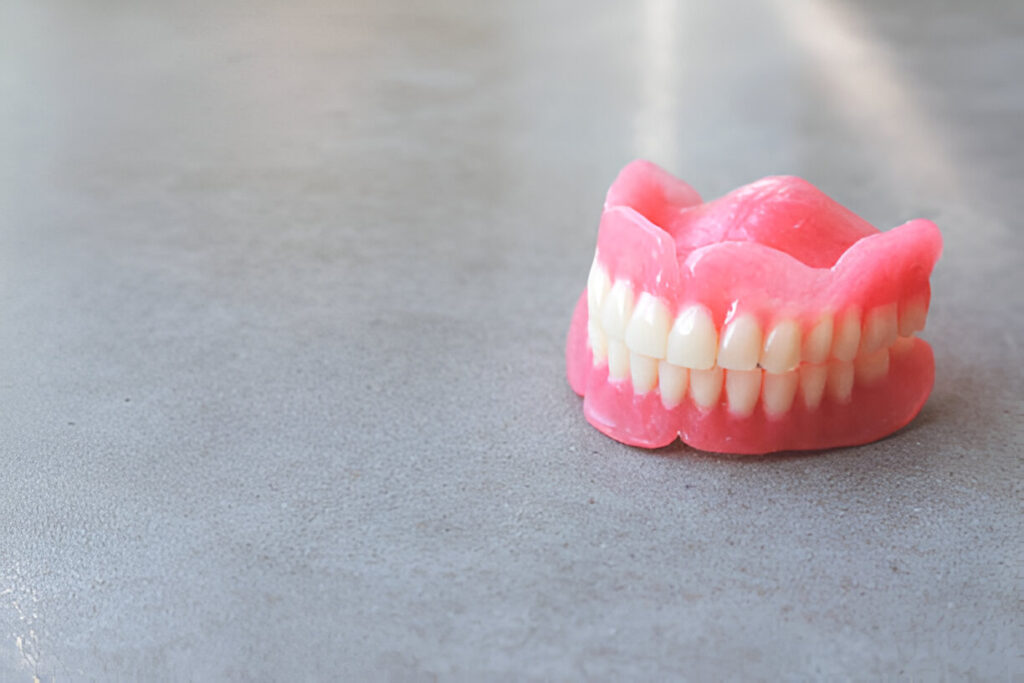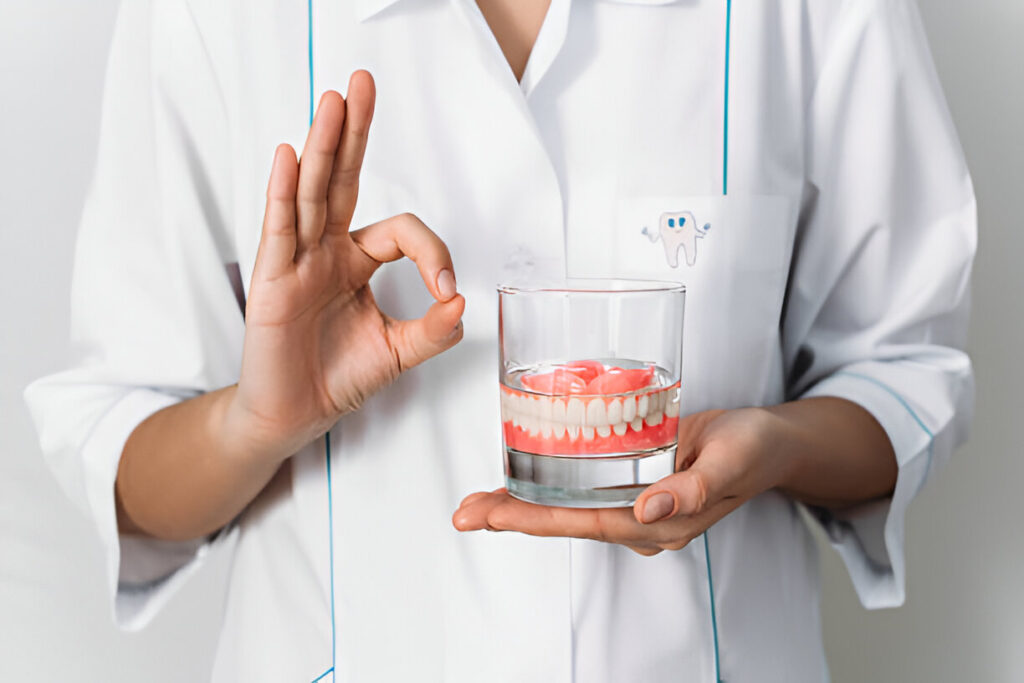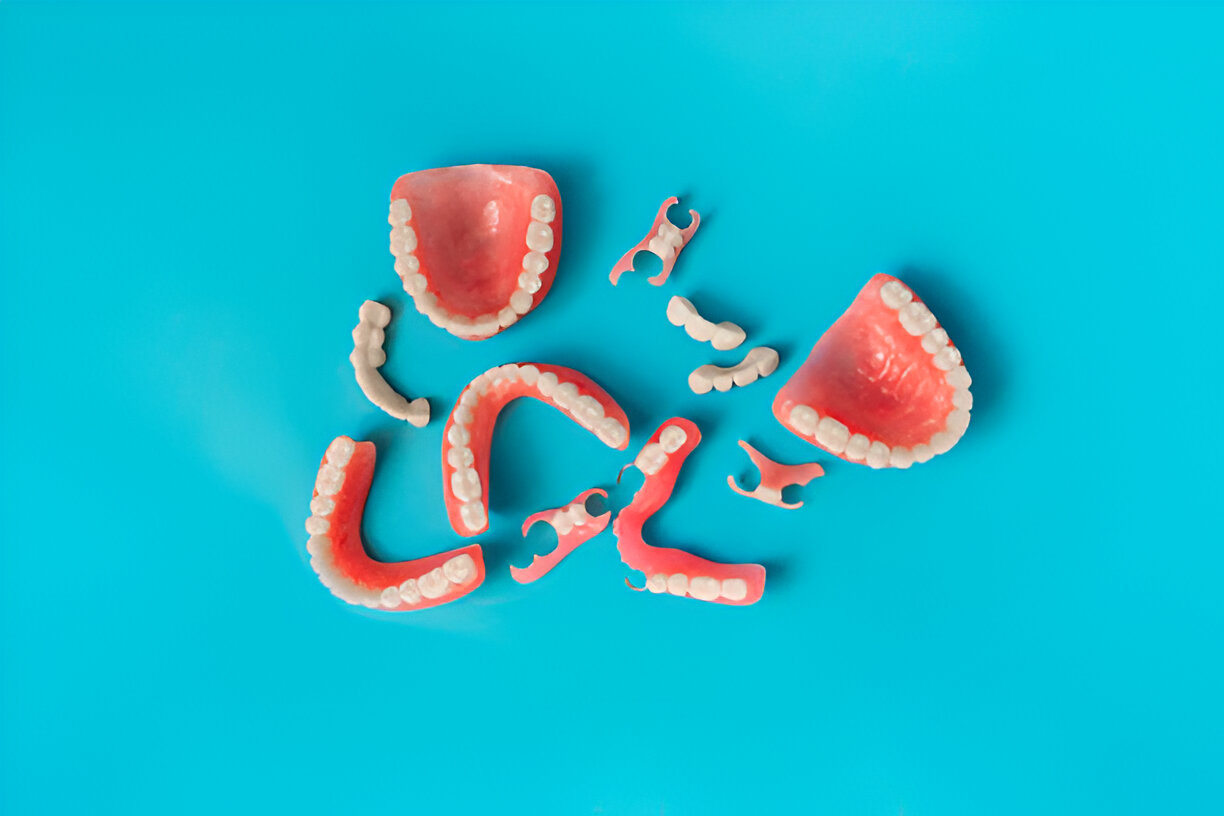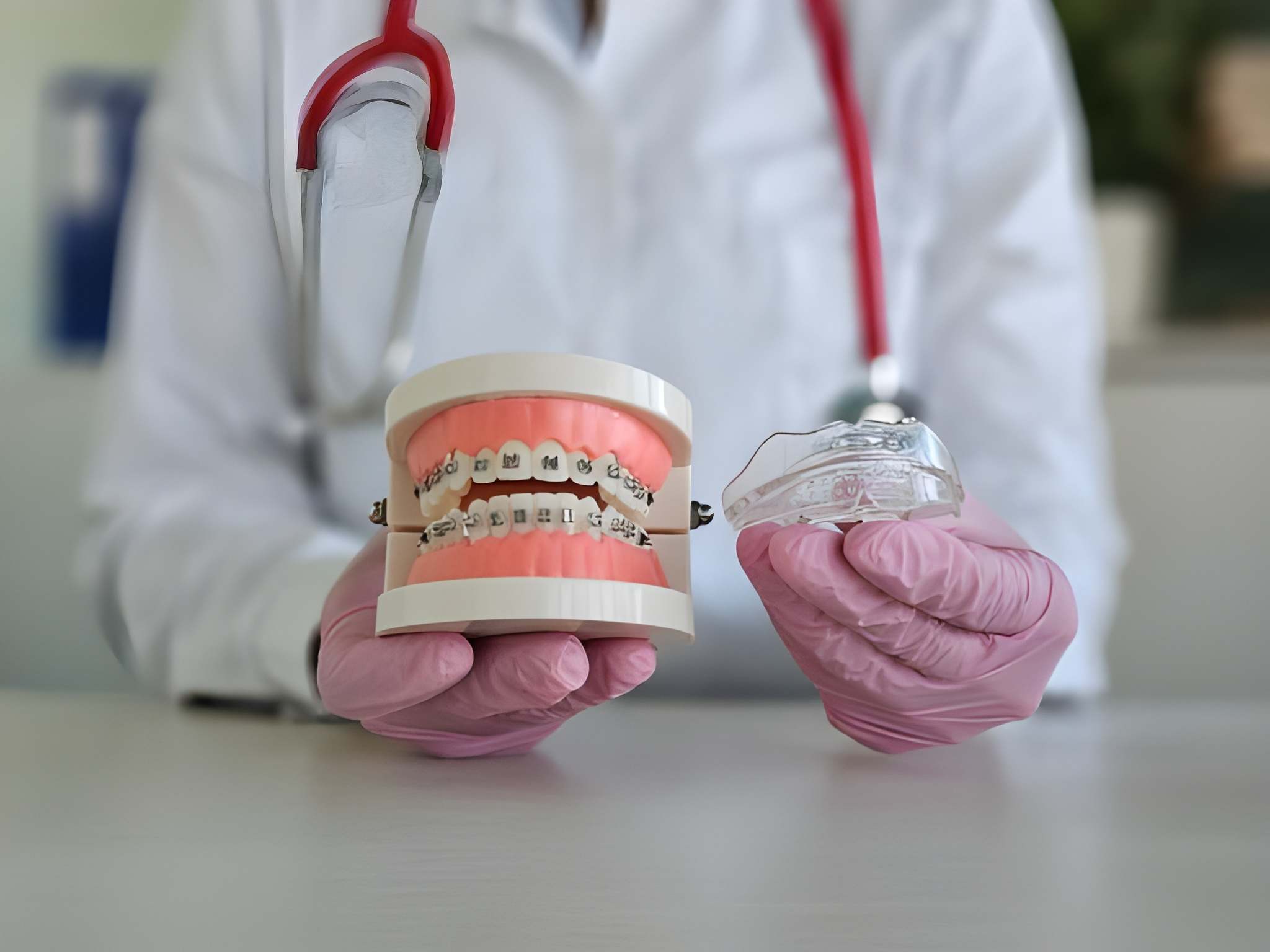Summary:
Choosing the correct type of dentures can be a complex decision, especially when restoring both function and appearance to your smile. This blog offers an in-depth comparison of partial and complete dentures, helping you understand their benefits and considerations. By exploring the impact of missing teeth, the specific features of each denture type, and practical care tips, we aim to guide you in making an informed choice with expert advice.
Finding the right denture solution begins with understanding the broader impact of missing teeth on your overall well-being. Missing teeth are more than just a cosmetic issue—they can affect your facial structure, speech, and ability to enjoy a varied diet. Knowing that partial and complete dentures offer distinct advantages based on your specific needs is essential as you contemplate your options.

Understanding the Impact of Missing Teeth
When you lose one or several teeth, it’s not just the visual gap that needs addressing. The absence of teeth can lead to a sagging appearance of the face, as the muscles and tissues in your mouth lack the support they once had. This can make you look older than you are. Additionally, missing teeth can impair your ability to pronounce certain words clearly, impacting your confidence in social and professional settings. Furthermore, missing teeth often complicate chewing, forcing you to alter your diet. Chewing difficulties can lead to a reduced intake of essential nutrients since harder-to-chew foods like apples and nuts, which are rich in nutrients, may become less accessible.
The effects of missing teeth extend beyond aesthetics and function. The teeth adjacent to the gap may shift toward the space, which can misalign your bite and complicate oral hygiene. Over time, this can exacerbate the issue, making it even more crucial to address missing teeth promptly. This is where dentures come into play.
Exploring Full and Partial Denture Solutions for Missing Teeth
What are Full Dentures?
Full dentures are made to replace all the teeth in the jaw. They have a plastic base that fits over your gums and a complete set of artificial teeth. The base relies on suction and adhesive to stay in place. Full dentures are removable, which allows for easy cleaning and adjustment. They offer a comprehensive solution for those who have lost most or all of their teeth, providing a new set of teeth that restores both appearance and function.
The primary benefits of complete dentures are that they can enhance your ability to eat various foods and improve your speech. They also help maintain the shape of your face by supporting the facial muscles, which can prevent a sunken appearance. However, adapting to complete dentures can take some time, and there might be an adjustment period as you get used to the feeling and function of the dentures. Additionally, complete dentures require diligent daily care, including cleaning and the use of adhesive to ensure a secure fit.
What are Partial Dentures?
Temporary vs. permanent partial dentures, be it any, are used when you still have some of your natural teeth. They are designed to fill in the gaps left by missing teeth while fitting around the existing teeth. They are held in place by metal clasps or precision attachments and are also removable for cleaning. Partial dentures help prevent the remaining natural teeth from shifting out of place, which can otherwise lead to misalignment and additional dental problems.
Temporary or permanent partial dentures offer a less invasive option than complete dentures, as they don’t require the extraction of healthy teeth. They are ideal for those who have lost only a few teeth and want to maintain their natural tooth structure as much as possible. They also generally require less adjustment time than complete dentures, but proper care is essential to ensure they remain comfortable and functional.

Comprehensive Comparison Between Full and Partial Dentures
When deciding between full and partial dentures, weighing the pros and cons of each option is essential. Complete dentures are typically recommended for individuals who need to replace an entire set of teeth. They offer comprehensive coverage and support, making them suitable for those who have lost most or all of their teeth. However, they can be more expensive and require more maintenance.
While generally more affordable, partial dentures offer a solution for those who have only lost a few teeth; they help maintain the alignment of the remaining teeth and prevent further dental issues. However, they might require frequent adjustments and careful maintenance to ensure a proper fit.
Fun Facts About Dentures
- Historical Roots: The concept of dentures dates back to ancient civilizations. The Etruscans made the earliest known dentures around 500 B.C., using human and animal teeth.
- Modern Materials: Today’s dentures are crafted from advanced materials like acrylic resin and metal alloys, offering better fit, comfort, and durability than older models.
- Customization: Modern dentures are highly customizable. They are designed to closely mimic the appearance and function of natural teeth, with precision adjustments for a perfect fit.
Finally, Making Your Decision
The choice between full and partial dentures depends on several factors, including the number of missing teeth, your overall oral health, and your budget. If you have a few missing teeth and the rest of your dental health is in good condition, partial dentures might be the better choice. They can fill in gaps without additional extractions and are generally more cost-effective.
Conversely, complete dentures may be more suitable if you have lost most or all of your teeth. They provide a complete solution for tooth replacement and offer better support for your facial structure. However, be prepared for a potentially higher cost and extended adjustment period.
Consulting with your Garland, Texas, Dentist is crucial to making the right decision. They can evaluate your dental health, discuss your options, and help you choose the best denture solution for your needs. Their expertise will ensure you get the most effective and comfortable option for restoring your smile. Studies show that nearly 90% of denture wearers report improved confidence and quality of life after getting dentures.

Denture Care Tips:
Whether you choose full or partial dentures, proper care is essential to ensure their longevity and effectiveness. Complete dentures should be removed and cleaned daily with a specialized cleanser. They should be soaked overnight to maintain their shape and functionality. Proper cleaning and regular use of adhesive are crucial for maintaining a secure fit and avoiding discomfort.
Partial dentures also require regular cleaning. Removing them at intervals to clean thoroughly, mainly focusing on the clasps and attachments, is essential to prevent damage and maintain hygiene. Regular check-ups with your Garland, Texas, Dentist will help make any necessary adjustments to ensure a perfect fit and optimal comfort.
Key Takeaway:
- Complete Dentures: Ideal for replacing entire teeth, providing comprehensive support for your facial structure. They suit those with extensive tooth loss but require diligent care and maintenance.
- Partial Dentures: Best for filling gaps left by a few missing teeth while preserving natural teeth. They offer a less invasive and generally more affordable option but require more frequent adjustments.
- Consultation: Consult your Garland, Texas Dentist to determine the best denture solution based on your oral health and personal needs. Expert guidance ensures a comfortable and functional smile.
- Contact Your Dentist: Contact your Garland, Texas, Dentist today to explore the best denture options. With professional help, you can restore your smile and enjoy improved dental health and confidence. Contact us for more personalized advice and to schedule your consultation with a Garland, Texas Dentist. Take the first step toward a confident, functional smile today!





